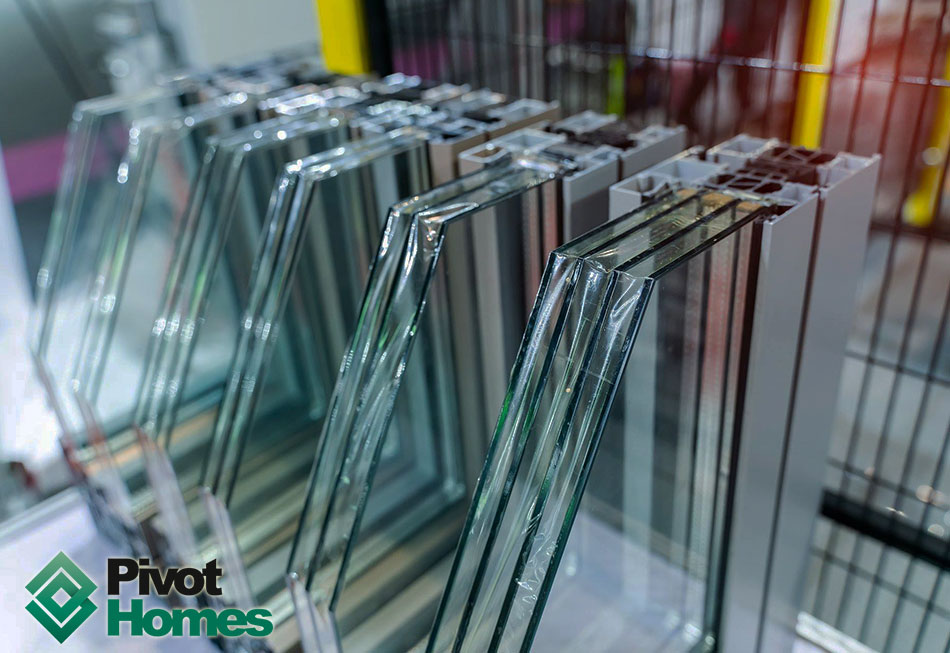All Categories
Featured
Table of Contents
Save Energy With Double Glazed Windows in Kalamunda WA
That window can transfer more solar heat in winter season than in summertime. A west-facing window on a summer's afternoon has an angle of occurrence from near 0 approximately 30 with a big reliable location of solar radiation. A north-facing window, in summer, has a high angle of occurrence and a low reliable area of solar radiation, so can transmit less heat than a west-facing one.

You can quickly and quickly improve the thermal efficiency of your house by changing your windows. This is one of the most efficient methods of remodelling to accomplish improved thermal convenience. There are countless types of glass and frames to select from. Picking the right ones is necessary to enhancing the energy efficiency of your home.
Double Glazed Windows in Morley Western Australia
Single glazing with clear glass is not extremely effective when it comes to heat loss or gain. To improve performance, you can utilize single glazing with a more energy-efficient type of glass such as low emissivity (low-e) glass.
Multiple layers can be assembled with sealed cavities between each sheet of glass. IGUs generally provide better energy performance than single glazing, due to the fact that they transfer less energy. However, the energy performance of IGUs also depends on: the properties of each layer of glass. Different glass types (for example, clear and low-e glass) can be assembled in an IGU.
Double Glazing Versus Secondary Glazing in Caversham WA

IGU cavities can be filled with air or a more inert, low-conductivity gas such as argon the width of the cavity. Cavity thickness is typically 6 to 18mm. Broader cavities supply lower (better) U worths, with 12mm usually accepted as the favored gap how well the cavity is sealed. Cavities should be dry and well sealed to prevent moisture getting in.
If argon is set up to the cavity in location of air, wetness is dependably left out the level of desiccant (drying agent). The spacer (metal or polymer strip) that separates the glass layers contains a desiccant to absorb any wetness. Inadequate desiccant may trigger wetness to condense on the glass surface area in cold conditions, reducing thermal performance.
5 Benefits Of Double Glazing Windows in Kalamunda Western Australia
In truth, IGUs can provide better energy performance for all climates, specifically in heated and air-conditioned homes. Cross-section detail of single, double and triple-glazing systems Low emissivity glass (typically known as low-e glass) minimizes heat transfer. Low-e glass may be either high or low transmission: High transmission low-e glass has a covering that enables daytime from the sun to enter your house to attain great solar heat gain, however decreases the quantity of the long wavelength infrared heat that can leave back through the window.
Low-e glass has either a pyrolytic finishing or a vacuum-deposited thin movie metal coating. Pyrolytic coverings are resilient and can be used for any glazing; vacuum-deposited coverings are soft and are only used within IGUs. Low-e coverings can significantly enhance both U worth and SHGC; nevertheless, they should be utilized properly or they will either degrade or stop working to perform as required.
Benefits Of Double Glazing Low-e in Two Rocks Perth
Low-e finishes can be used in mix with clear, toned or reflective glass. Low-e coverings on glazing can minimize heat transfer where needed Image: Department of Market, Science, Energy and Resources Toned glass has actually colouring ingredients included throughout manufacture. It is available in numerous colours, typically bronze, grey, blue and green.
Latest Posts
Double Glazed Windows: A Complete Guide in Kelmscott WA
How Does Double Glazing Keep Heat Out? in Lathlain Western Australia
A Complete Guide To Double Glazed Windows in Wembley Downs WA